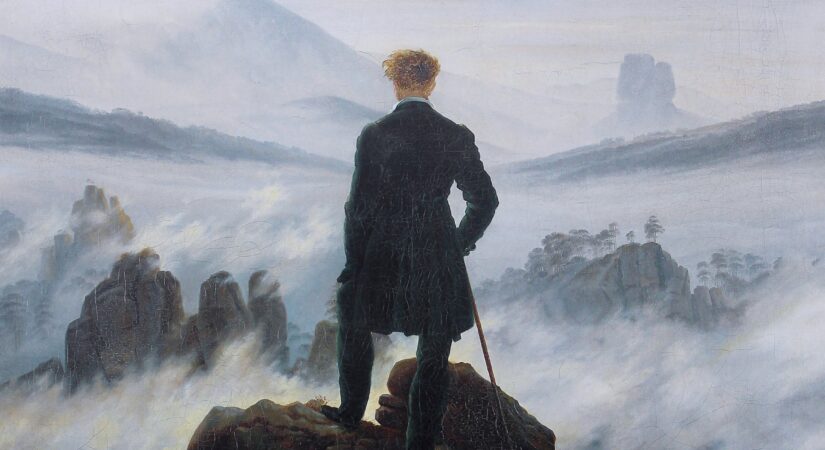Date / Time
- June 21, 2021
6:30 pm - 8:30 pm - July 12, 2021
6:30 pm - 8:30 pm - July 26, 2021
6:30 pm - 8:30 pm - August 9, 2021
6:30 pm - 8:30 pm
Registration
- Tuition for this course is $200.
- Rosenbach members receive a 10% discount on tuition.
- Not a member? We invite you to join upon registration. Click here for more information about membership.
- This course is limited to participants who are 17 years of age or older.
- Two complimentary tickets to visit The Rosenbach are included with your paid registration for this virtual course. You will receive the discount code in your email confirmation and tickets can be booked here. Please check your spam folder for your email confirmation and contact us at [email protected] with any questions.
- Before the first meeting, The Rosenbach will send the Zoom link for course meetings.
Description
Frankenstein has been hailed as the first work of science fiction, but what does this mean exactly? Published in 1818, Frankenstein came to life at the dawn of a century already undergoing a series of transformations that would solidify modern science as we understand it while simultaneously raising questions about its place within society. This course will consider how Frankenstein incorporates contemporary scientific practices to investigate how it draws on the resources of literature (particularly its predecessors in Gothic and horror fiction, mythology, and philosophical texts) to interrogate the paradigms at the foundation of modern science, the wider existential questions at stake in its practices, and the role and responsibility of the scientist– all of which remain central to the genre of science fiction.
Frankenstein with Anastasia Klimchynskaya Syllabus
About the Instructor
Dr. Anastasia Klimchynskaya is a postdoctoral fellow at the Stevanovich Institute on the Formation of Knowledge at the University of Chicago and was a cohost for the The Rosenbach’s Sundays with Frankenstein. Her current book project focuses on the emergence of science fiction in the nineteenth century, arguing that Frankenstein and the works of Edgar Allan Poe, Jules Verne, Albert Robida, and H.G. Wells represent the formal expression of a new set of paradigms through which humanity saw the world following the Industrial Revolution. She has presented widely on science fiction (including Frankenstein) and the history of science at the Science History Institute in Philadelphia, the Cyberpunk Culture Conference, the City Tech Science Fiction Symposium, Science in Public, and the Philadelphia Science Fiction Conference (Philcon), of which she is also the deputy programming head.
About Rosenbach Courses
Revisit beloved classics or experience new ones with Rosenbach courses. Book lovers delve into fiction, history, and poetry with the guidance of a literary expert and the company of other readers. See all upcoming courses.
Date / Time
- June 21, 2021
6:30 pm - 8:30 pm - July 12, 2021
6:30 pm - 8:30 pm - July 26, 2021
6:30 pm - 8:30 pm - August 9, 2021
6:30 pm - 8:30 pm

